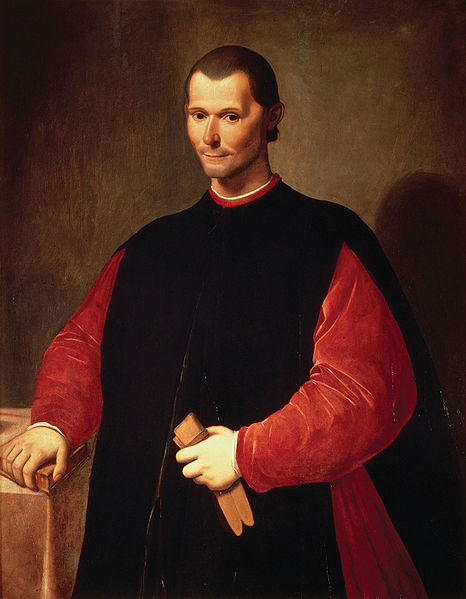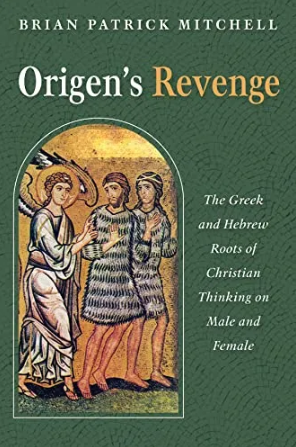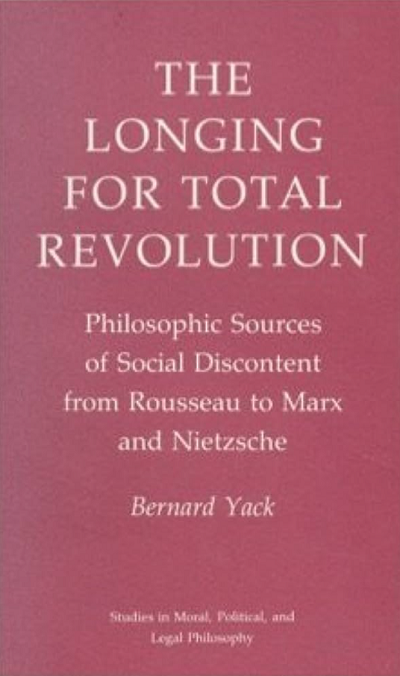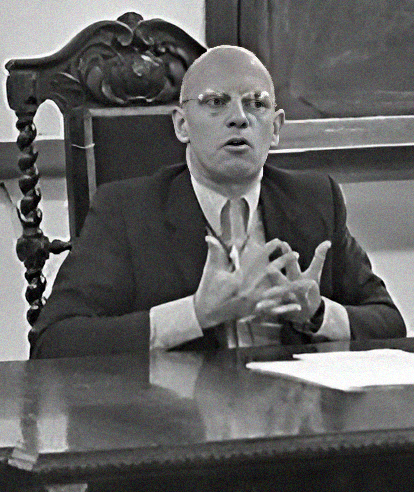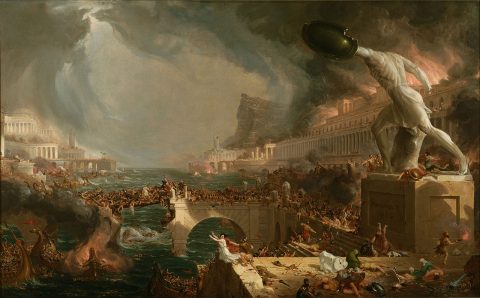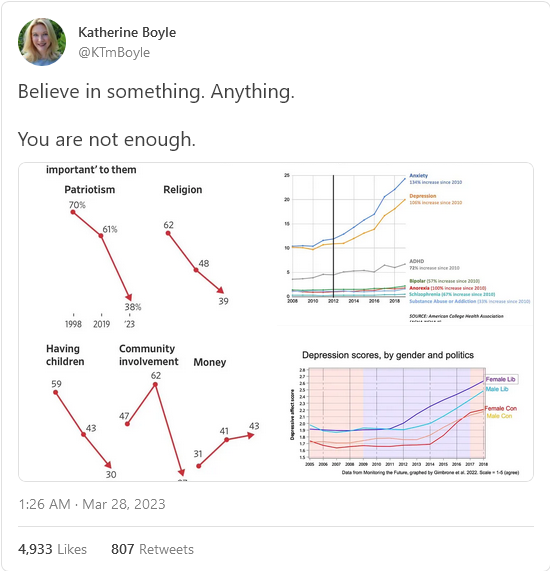Rob Henderson dips into the works of Niccolo Macchiavelli, not so you don’t have to, but perhaps in hopes you’ll do so as well:
This is an overview of Niccolò Machiavelli — his backstory, his personal views, a summary of Machiavellian thought, and an explanation for why his ideas have been so despised throughout history.
Throughout his books, Machiavelli seems to take delight in demonstrating — much to his reader’s discomfort — the distance between our lofty intentions and the actual consequences of our deeds.
Writing in the sixteenth century, Machiavelli anticipated Nietzsche’s conception of master and slave morality by some three hundred years.
In Ch. 15 of The Prince he wrote:
Since it is my intent to write something useful to whoever understands it, it has appeared to me more fitting to go directly to the effectual truth of things than to the imagination of it … many have imagined republics and principalities that have never been seen or known to exist in truth … he who lets go of what is done for what should be done learns his ruin rather than his preservation.
This passage is often viewed as the essence of Machiavellianism. He had no intentions of disguising unpleasant realities. He wanted to describe the world as it is, and not as people wish it to be.
[…]
Machiavelli rejected the dominant utopian ideas of his day, including Platonic or Augustinian cities of God and the concept of Christian universalism (or its modern variant of Humanism).
Machiavelli warns rulers to be on guard against those who do not see men as they are, and see them through spectacles colored by their hopes and wishes, their loves and hatreds, in terms of an idealized image that they want men to be, and not as they are.
Some pieces of advice Machiavelli offers to rulers:
- Employ brutality or kindness, as the case requires. Brutality is usually more effective, but kindness, in some situations, bears more fruit
- It’s better to be feared than loved. Love is fickle, but fear is predictable. The worst is to be hated. Hatred will lead your subjects to destroy you
- It’s a good idea to keep your people in a state of poverty and always prepared for war. This helps to reduce both ambition and boredom — two qualities that can undermine obedience
- Fierce competition in a society is desirable, for it generates energy and ambition
- Religion must be promoted regardless of how truthful it is, because it supplies social solidarity
- When you confer benefits to the people, make sure to do so yourself. But let minions do the dirty work of inflicting punishments because then they, not you, will be blamed, and you can then gain the people’s favor by cutting off your minions’ heads
- Men prefer vengeance and security to liberty
- If you have to commit a crime, don’t advertise it beforehand. Otherwise your enemies may destroy you before you destroy them
- Punishment should be delivered in a swift and brutal manner, while rewards should be dispersed in small amounts over time
- Be wary of powerful advisors and servants — victorious generals should be purged after they have served their purpose, otherwise they may attempt to usurp you
- You can be violent and use your power to command obedience, but if you break your own laws you will undermine societal stability
- Men should either be caressed or annihilated; appeasement and neutralism always lead to ruin. Your adversaries can recover from minor injuries and setbacks to seek revenge. But if you crush them totally, you neutralize any threat.
- Rulers must live in the constant expectation of war
- Success inspires more devotion than friendliness and affability
- Men will lie to you unless you compel them to be truthful by creating circumstances in which deception will not pay
This list could continue but I’ll stop here.

